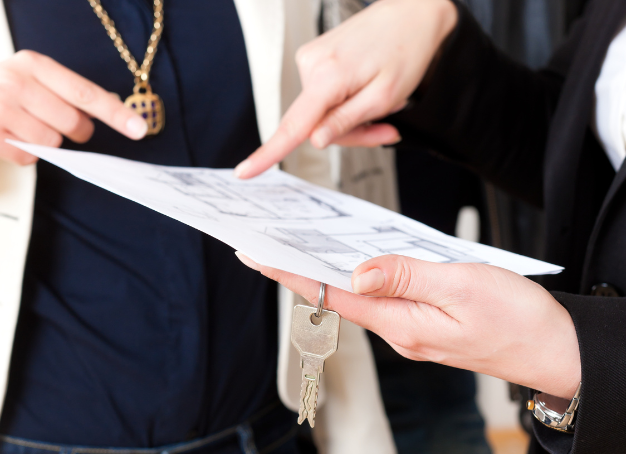For many businesses, securing the right location is paramount to success. However, equally crucial is ensuring that the terms of your lease agreement are clearly defined and documented.
A written commercial lease agreement provides essential protection and clarity for both landlords and tenants, safeguarding against potential misunderstandings and legal disputes. In this blog, we’ll delve into the importance of having a written commercial lease agreement for your business.
Legal protection & clarity
One of the primary reasons for having your commercial lease agreement in writing is to establish legal protection and clarity for both parties. A well-drafted lease outlines the rights and responsibilities of both the landlord and the tenant, including things such as:
- Rent amounts, review periods and rent increases over time
- Lease term or duration, and any further rights to renew the lease
- Fitout – which party owns the fittings and fixtures within the tenancy
- Insurance requirements
- Subleasing conditions
- Outgoings such as statutory expenses (council, water rates)
- Make good provisions for the end of the lease
- Repair and maintenance responsibilities
- Permitted use – what the premises can and cannot be used for
- Default and lease termination clauses
- Security deposit requirements
By having terms such as these in writing, both parties have a clear understanding of their obligations, reducing the likelihood of disputes or disagreements in the future.
Delving into a few of these key items further:
Binding agreement
A written commercial lease serves as a legally binding contract between the landlord and the tenant, assuring that both parties are committed to fulfilling their respective obligations. In the event of a dispute or disagreement, a written lease serves as evidence of the agreed-upon terms and will be referred to for resolution.
Rent & payment terms
Clear and detailed rent and payment terms are essential components of a commercial lease agreement. This includes specifying the amount of rent, due dates, accepted payment methods, and late fees or penalties for missed payments (if there are any).
The lease should also outline when rent reviews will be performed, and/or any standardised rent increases that may be included.
Lease duration and renewal options
Your lease agreement should also clearly define the duration of the lease, including start and end dates. Additionally, it may include provisions for lease renewal options in favour of the tenant, allowing the tenant to extend their lease term if desired.
In Australia, the typical commercial lease term is usually somewhere between 3-7 years for smaller, ‘specialty’ tenancies, and closer to 10 years for major tenants. Larger, ‘anchor’ tenancies such as a supermarket, would generally be 10 years or even 20 years in duration.
Outlining the duration of the lease provides stability and predictability for both the landlord and the tenant.
Repairs and maintenance responsibilities
Commercial lease agreements typically outline repairs and maintenance responsibilities for both landlords and tenants. This includes specifying who is responsible for routine maintenance, repairs, and upkeep of the property, as well as procedures for addressing maintenance issues or emergencies. Clearly defining these responsibilities helps to ensure that the property remains in good condition throughout the lease term.
Need help?
Having a written commercial lease agreement is essential to provide clarity and peace of mind for all parties. If you don’t have a written lease, or perhaps you need help understanding a lease that you’re about to sign, or negotiating some of the terms, the Australian Lease Management team have decades of experience in helping businesses across the country with understanding the fine print and getting an outcome that is fair and balanced for both parties.
You can call us on 08 8364 2433 to discuss your needs, or fill in the contact form on our contact page.


